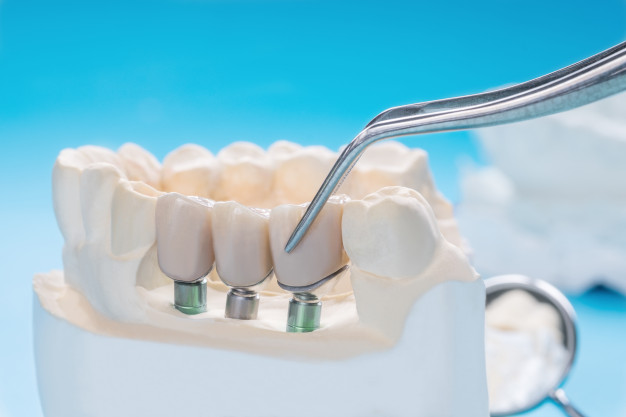
Dental crowns are effective teeth restoration treatments that can help with replacing damaged teeth. They’re durable, lasting for around 5 to 15 years, therefore, increasing your satisfaction with the treatment.
They’re tooth-shaped ‘caps’ that your dentist would place over your affected teeth to cover them. After putting a dental crown on your tooth, your dentist would cement it into place, whereby it would fully cover the visible portion of your teeth lying at and above your gum line.
Do I Really Need Dental Crowns on My Teeth?
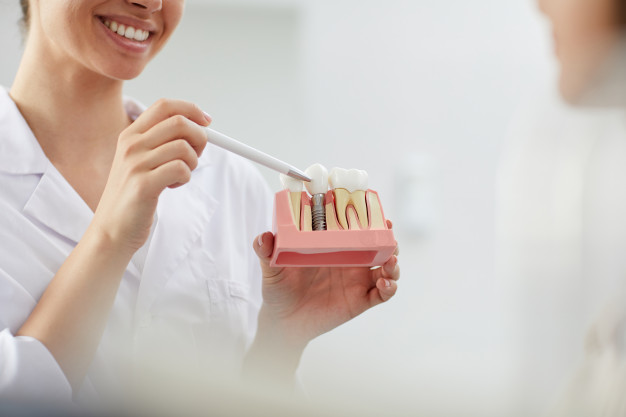
There are multiple reasons why your dentist may recommend crowns for you.
Usually, if you’re considering crowns, you will need a consultation with the dentist to examine your teeth’ condition. They will only recommend dental crowns if they believe that the crowns can help improve your condition. Here is a roundup of some of the situations that may warrant installing a crown on your tooth.
- If you have severely worn down, damaged or broken teeth. In this case, your dentist would recommend dental crowns to restore the affected teeth. According to Dentistorchard.com, the crowns can also help protect your tooth from further damage or hold your tooth in place if it is severely broken or cracked.
- If you have had a root canal procedure. If your doctor recommended root canal treatment, you might also get a dental crown after the procedure. The crown is usually installed after root canal treatment to seal your tooth and strengthen it, so it lasts longer.
- If you wish to improve your smile. Did you also know that dental crowns can also be offered as aesthetic treatments? Well, if you have crooked-shaped teeth or your teeth are discolored, your cosmetic dentist may recommend crowns to change the color or shape of the affected teeth.
- Dental crowns may also be necessary for you if you have received dental implant treatment. In this case, the dentist will basically install the crown to support your teeth for some time—most commonly, protect the new teeth until your jaw bone has become strong enough to support the use of your new teeth effectively.
- You may also need dental crowns after a tooth-filling treatment. Usually, after a tooth filling procedure, your dentist would recommend a dental crown to support and provide cover for the new tooth, especially if you had a large filling and there isn’t a lot of the treated tooth left in place.
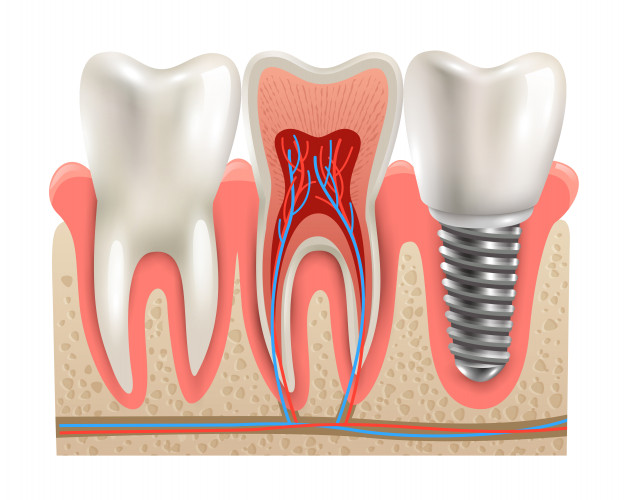
There are also instances when dental crowns may be necessary for your child. Usually, a pediatric dentist would recommend a dental crown for your baby if;
- Your child’s teeth are at significant risk of suffering tooth decay. This would be primarily important if your child struggles to keep up with the ideal oral hygiene regimen.
- Your child’s teeth have been severely damaged by decay. If the decay has left significant damage on your child’s teeth that the teeth cannot support dental fillings, your pediatric dentist may recommend dental crowns to save the affected teeth.
- They wish to reduce the frequency of anesthesia for the child. Usually, they’d recommend dental crowns for this purpose if the child cannot be treated with anesthesia due to his/her age, medical history, or even behavior.
What happens if you don’t get a Crown?
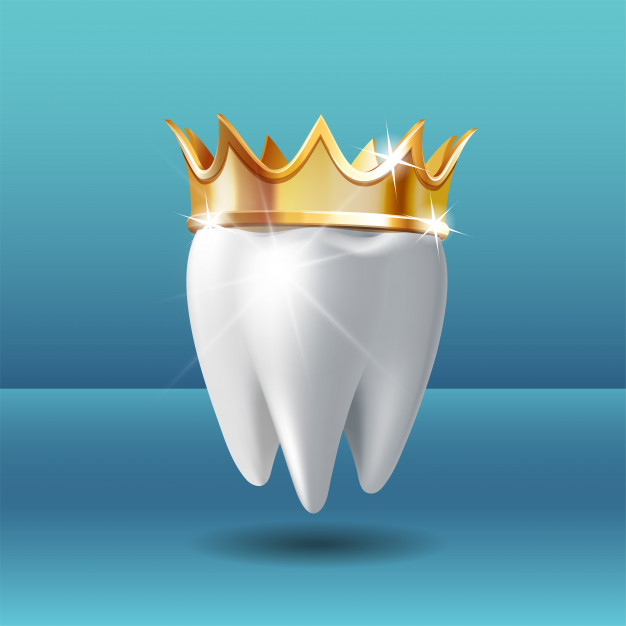
It isn’t really a good idea to snub dental crowns if your dentist recommends them for you or your child. The risk of not getting the dental crowns, in this case, will vary significantly depending on the reason why you needed the crowns in the first place.
For instance, if the dentist recommended the crowns to protect teeth badly damaged due to decay and you don’t get the crown, the teeth’ condition will only worsen. This implies that you or your child will only be left with a bigger tooth cavity.
As the decay worsens, you will be exposed to severe tooth pain or even end up with tooth abscess, a very severe type of tooth infection. Ultimately, you will need to have the tooth removed by the dentist. It may also fall out on its own.
If your dentist recommended dental crowns for cosmetic purposes, for example, to cover badly stained or misshaped teeth, avoiding crowns will only leave you with one thing: The unsightly appearance won’t go away, and you will remain with the same feeling of self-consciousness.
Finally, if the practitioner recommended dental crowns to provide support for cracked or severely damaged teeth, avoiding crowns will mean that the damage or cracks will only continue progressing. This should be a cause of concern because cracked teeth can end up decaying or harboring infections in the innermost part of your tooth, meaning that you will ultimately have to leave without that tooth.
What do you do if you can’t afford a Crown?
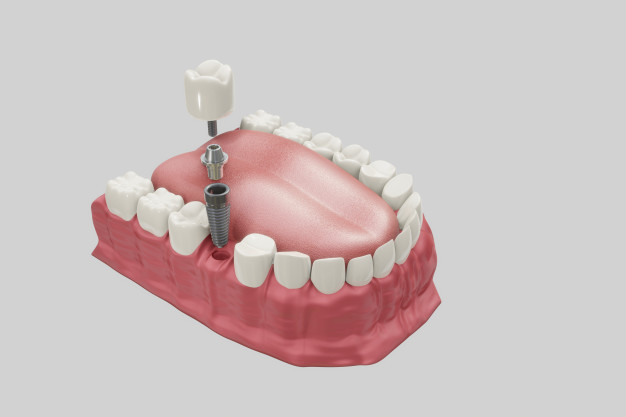
Crowns can be costly for you, considering that their prices average between $800 and $1700. If your insurance doesn’t cover crowns and you can’t afford a crown, here are three options that may help.
-
Consider Dental Fillings
Dental fillings might be an ideal option if you were to get the crowns for a damaged tooth, and the damaged section is small and surrounded by relatively healthy tooth structure. Fillings aren’t as expensive as crowns, but they may not give you an all-natural look you’d get with crowns and don’t provide the same level of protection as dental crowns.
-
Go for a Temporary Crown
Opting for a temporary dental crown may be a good idea if you can’t afford a real crown now, but you believe you can afford it in the future. Just as the name suggests, temporary crowns won’t last as long as the real crowns and can easily fall out or be swallowed. The primary benefit is that they work just like the real crowns.
-
Consider Payment Plans
This will basically depend on your dentist. Check with them if they offer payment plans and see if you qualify. Ideally, that would be your best bet if you can’t afford the crowns.








